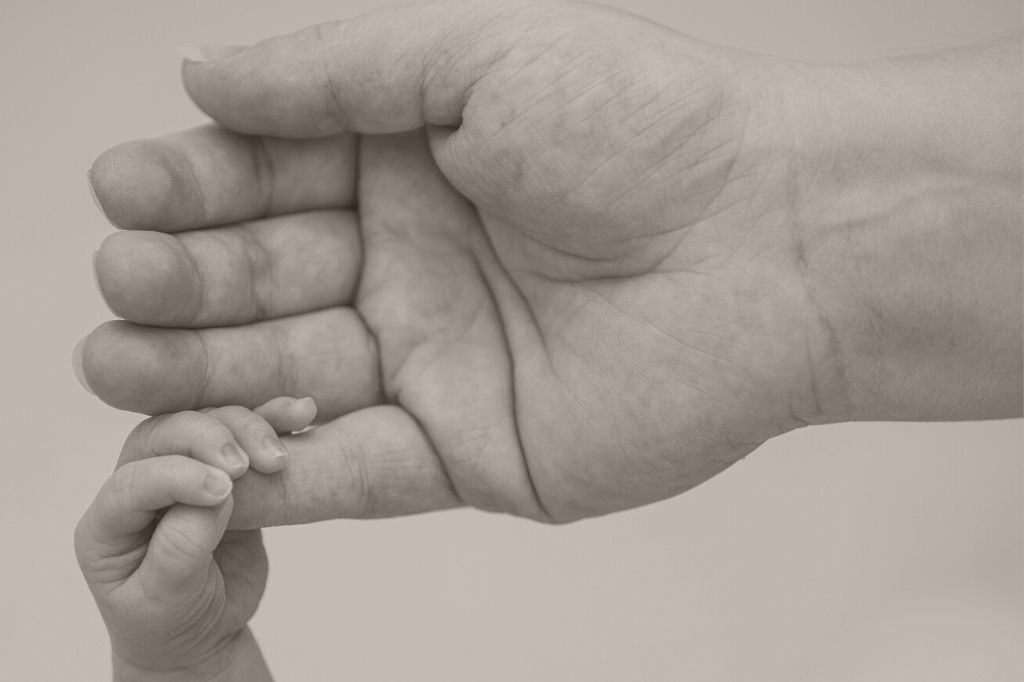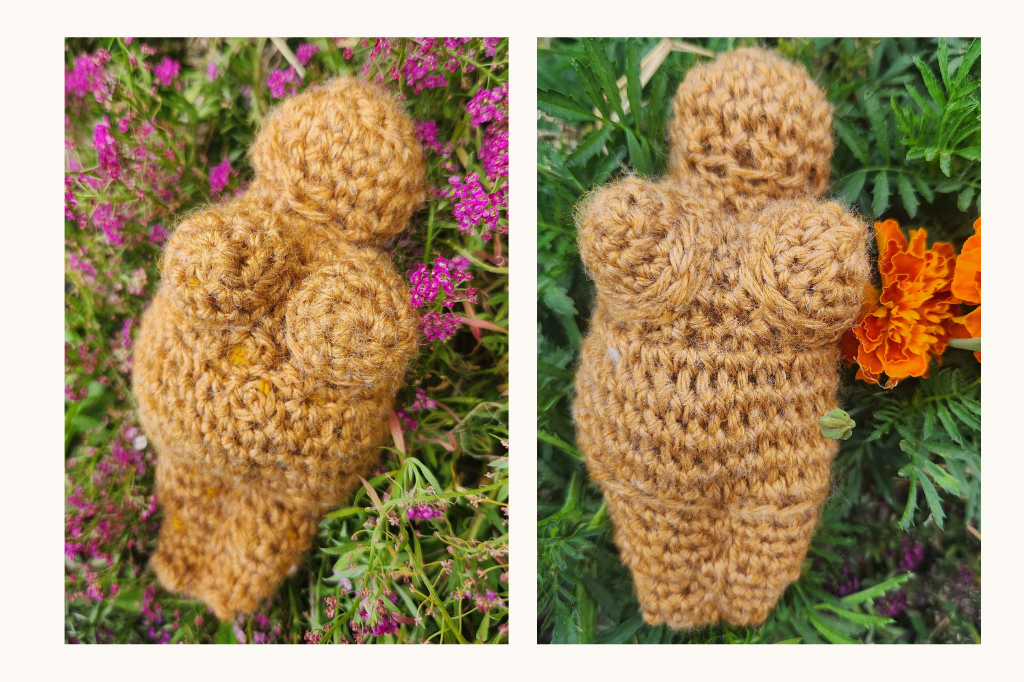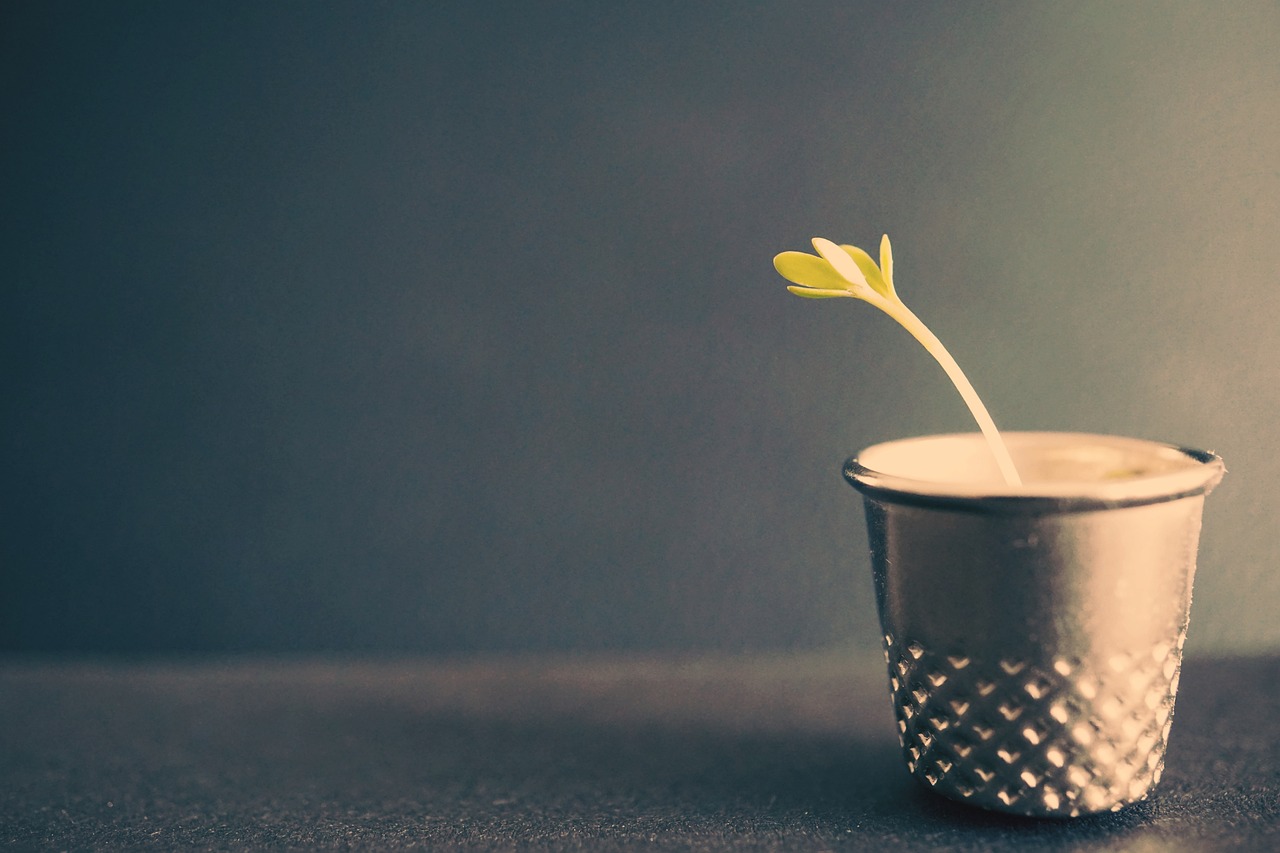The Metamorphosis of Motherhood
Remember puberty? Your body changes, your brain feels like it stops working, your emotions rocket around like the world’s worst roller-coaster – that puberty? Well, it’s back for round two. Adolescence is that 10-19 window when you make the metamorphosis from child to adult.
Matrescence is the process of metamorphosis into a mother.
Unfortunately they both involve a lot of sweating, acne, and general moodiness plus the complete rewriting of your personal and social identity… but let’s back up a bit.
What’s the deal with matrescence?
A Brief History
The term matrescence was originally coined by Dana Raphael, Ph.D. in 1973 and was revived in 2010 by Aurélie Athan, Ph.D. as the springboard for an entire field of study ranging from neuroscience to economics.
The experiences of women and the physical differences of womanhood are still oft left out of medical and scientific studies, including that women of childbearing age [15-44-year-olds] have only been included in medical testing since 1993 in the US.
Athan’s work hopes to help normalize and explain the overwhelming changes women go through in motherhood from both a social and pathological viewpoint.
Why it Matters
The reality of motherhood is something of an untold secret in the US. Media is quick to emphasize the joys and rewards of parenting but generally refuses to acknowledge its realities.
In 2020 the company Frida Mom was shocked to find that its ad, focusing on the realities of recovering from birth, was denied air time with both the Superbowl and the Oscars. Anyone who’s given birth would immediately recognize the honesty behind the ad but the reality of motherhood is ‘too graphic’ for tv.
Add to that an inadequate healthcare system (the US ranks 55th in maternal mortality ranks) and it’s no surprise that new motherhood hits women about as gently as a sack of bricks to the face with 1 in 7 women experiencing post-partum depression in the US.
Matrescence Like Adolescence
When we think about the ‘challenges’ of new motherhood often what comes to mind are the physical realities of caring for a baby. There’s no end of advice about the best diaper, the best car seat, or the ideal sleep schedule but what gets left out of that new mom advice is, well, mom.
When a baby is born so is a mother, and motherhood is hard.
After a lifetime of being an individual, you’re now part of a set. There’s a rewriting of yourself that can only really be compared to the experience of adolescence.
Matrescence is the journey of rediscovering who you are after becoming a mother.
Motherhood reaches into every aspect of your life and fundamentally alters the way you see yourself and the way you are seen. Sometimes in good ways and sometimes in surprising ones but nothing is the same.
Your relationship with your friends and family changes as you do, your relationship with yourself evolves, and the way you are treated by society changes too.
Give Yourself Grace … And Know Your Limits
While having to re-evaluate your entire life sounds daunting it isn’t something that you have to do all at once. Every woman is going to have a different experience of motherhood.
What is important to know is that things will change and it’s okay if it takes some time for everything to start feeling normal again, whatever normal looks like for you.
Give yourself some grace and don’t feel too bad about feeling bad when those first few months aren’t all rainbows and highlight reels.
Matrescence or PPD?
There’s a lot of overlap between matrescence and post-partum depression but an easy way to draw the line between the two is the and-over test.
Matrescence is feeling so in love with your baby and wishing you could have a night to yourself. Post-partum depression is when the negative feelings overwhelm you and you just want to be somewhere else.
Feeling frustrated or ambivalent about your new baby at times is normal. It’s when feelings of guilt, panic, anger, and depression start to be overwhelming that you should consider looking for professional help.
(Or if negative feelings after the first month start to get worse instead of better).
The Fourth Trimester
While matrescence is a journey of a lifetime the first three months with a new baby are easily the hardest. They’re sometimes called the fourth trimester.
The fourth trimester is where the bulk of the post-birth recovery happens – adult diapers, leaky nipples, sweating – all the good stuff. It’s also the single most dramatic shift in hormones a human being will naturally experience in their life.
Once you make it through the first three months things don’t necessarily get easier but they do start to feel more solid.
What do you think?
Have you heard the phrase ‘matrescence’ before? Do you feel like hearing it would have helped you to make the transition to motherhood?
Comment below and let me know!
For more info about the realities of new motherhood check out my post What No One Told Me About Postpartum








